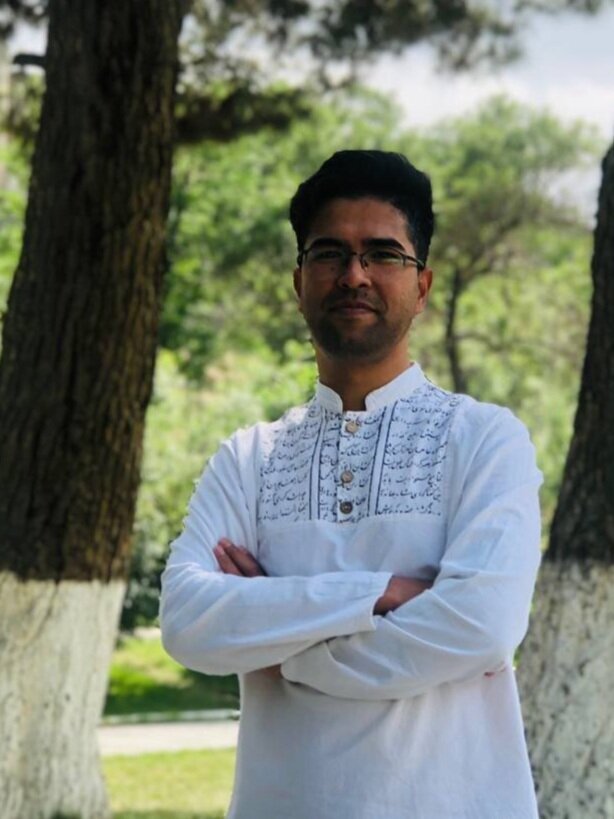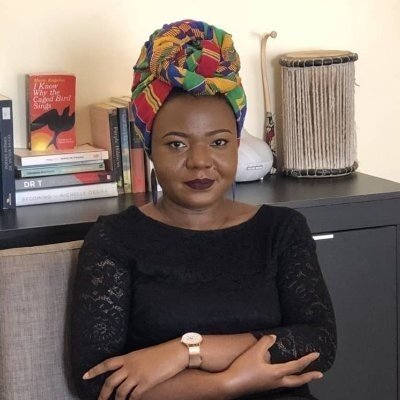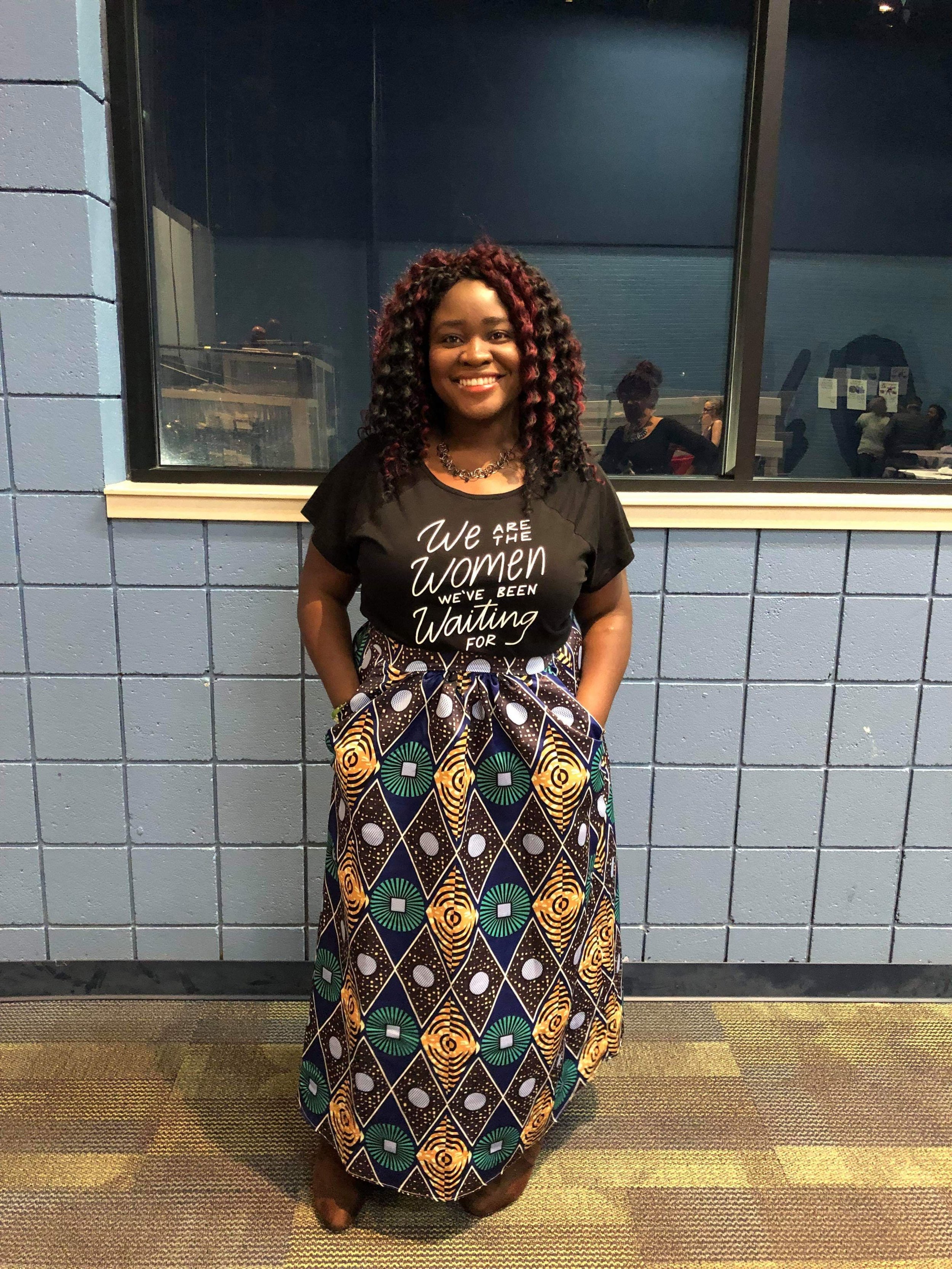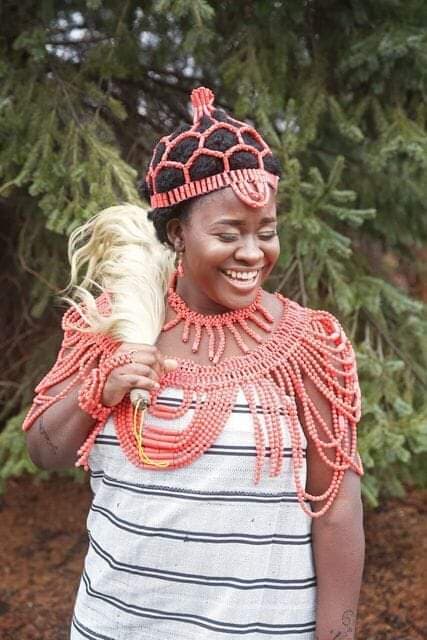On May 8th, 85 people were killed in a bomb attack near a school in Kabul. Many of those killed were young women. The bomb was detonated in a part of Kabul that is home to the Hazara, an Afghan minority group that has been a frequent target of attacks, including a massacre in a maternity war last year that killed 24 people. The Hazara are a predominantly Shia-Muslim ethnic minority in Afghanistan, and a community that has suffered a long history of brutal persecution and oppression.
Previous guest, and nonviolence activist, Basir Bita joins us again from Kabul, Afghanistan, but this time we’ll be talking about his community, the Hazara, and about the personal impact that the May 8th attack had on him and on his family. Be sure to check out our previous interview with Basir in Episode 39.
For additional reading about the history and contemporary issues facing the Hazara community, be sure to check out this article from MinorityRights.org.
Additional Resources Recommended by our Guest:












